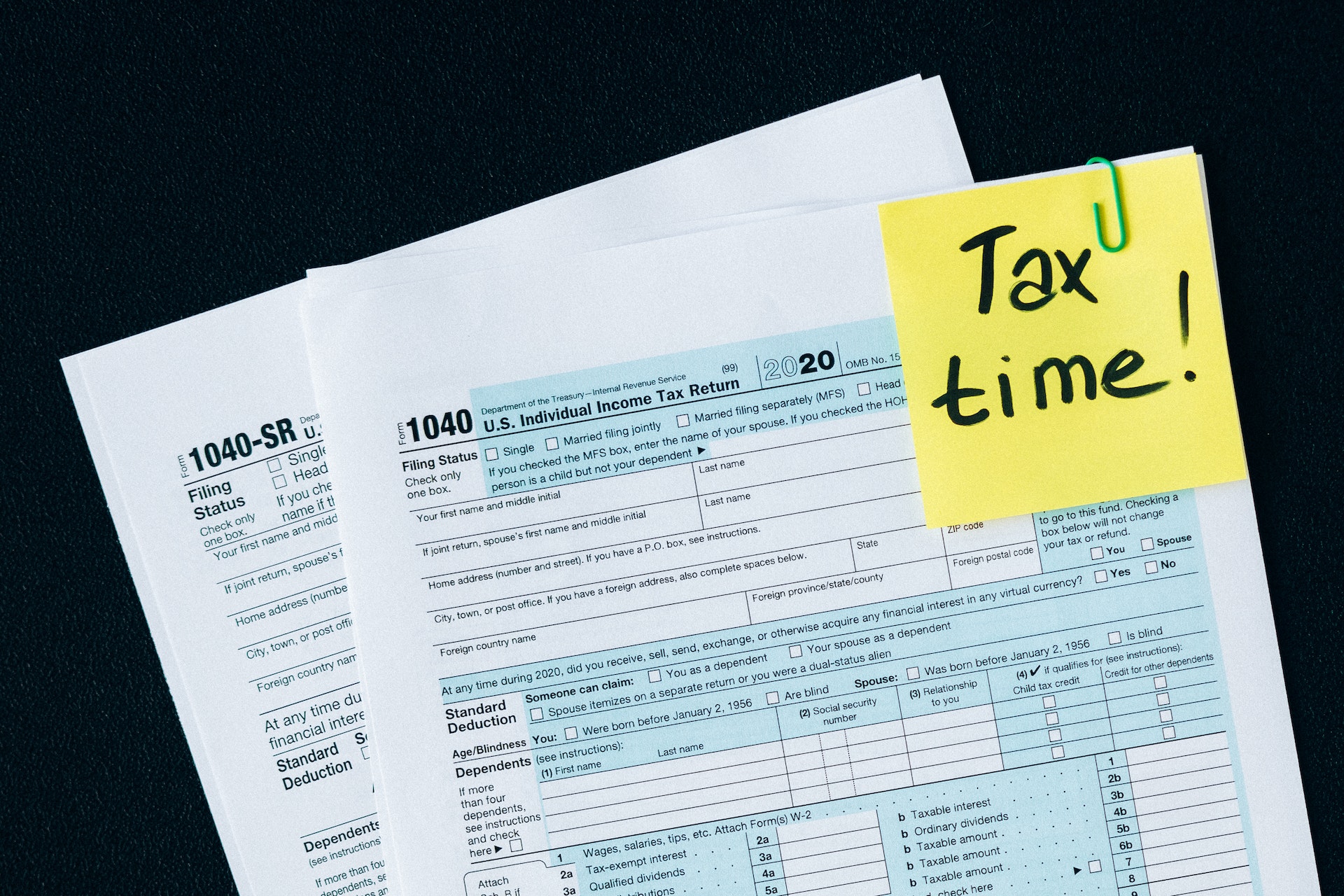The rise of cryptocurrencies has undoubtedly transformed the financial landscape, offering new opportunities for investment, wealth accumulation, and financial independence. However, the complex and evolving regulatory framework surrounding cryptocurrencies has left many crypto enthusiasts scratching their heads when it comes to taxes. In this comprehensive guide, we will explore the world of crypto taxes for personal accounts, providing you with the knowledge and tools necessary to navigate this intricate terrain.
Understanding the Basics
Before diving into the specifics of crypto taxes, it’s crucial to understand some fundamental concepts:
- Cryptocurrency Types: Different cryptocurrencies are treated differently for tax purposes. Bitcoin (BTC) and Ethereum (ETH) are considered property for tax purposes in most jurisdictions, while others, like Monero (XMR), may have different classifications.
- Transactions: Tax obligations can arise from various crypto activities, including buying, selling, trading, mining, staking, receiving as payment, or even giving them as gifts.
- Capital Gains Tax: Most countries levy capital gains tax on the profit realized from the sale of cryptocurrencies. The rate and rules can vary widely.
- Holding Period: In many countries, the tax rate for long-term capital gains is often lower than for short-term gains, typically defined by the holding period.
- Reporting Obligations: Governments are increasingly cracking down on tax evasion in the crypto space. Many countries now require individuals to report their crypto transactions, holdings, and income.
Now, let’s delve deeper into some essential aspects of crypto taxes:
Crypto Taxable Events
- Buying and Selling: When you buy or sell cryptocurrencies, you trigger taxable events. You must calculate the capital gain or loss by subtracting the cost basis (the purchase price) from the selling price.
- Trading: Trading one cryptocurrency for another also incurs taxable events. Each trade needs to be recorded for tax purposes.
- Mining: Crypto miners must report the fair market value of the coins they receive as income. Additionally, they may have to pay self-employment tax.
- Staking: Earning rewards by staking your crypto also triggers a taxable event. The value of the rewards is considered income.
- Airdrops and Forks: If you receive free coins through airdrops or forks, these too may be subject to taxation.
Calculating Taxes
Calculating your crypto taxes can be a daunting task, especially if you’ve been actively trading or have a diverse portfolio. Fortunately, there are tools and software available to help streamline this process. Some popular options include CoinTracker, CryptoTrader.Tax, and TokenTax. These platforms can import your transaction data from various exchanges and wallets, calculate your gains and losses, and generate tax reports.
Holding Period Matters
In many jurisdictions, the length of time you hold a cryptocurrency can significantly impact your tax liability. Short-term capital gains are typically taxed at higher rates than long-term gains. Therefore, it’s essential to keep track of when you acquired each crypto asset and when you sold or disposed of it.
Tax-Efficient Strategies
While paying taxes is an unavoidable part of crypto investing, there are some strategies to help you minimize your tax liability legally:
- HODLing: If you believe in the long-term potential of a cryptocurrency, consider holding onto it for at least a year to qualify for lower long-term capital gains tax rates.
- Tax-Loss Harvesting: Offset gains by strategically selling losing assets to reduce your overall tax liability.
- Gifts and Donations: Some countries offer tax benefits for donating cryptocurrency to qualified charities. Additionally, gifting crypto to family members may have tax advantages.
- Tax-Deferred Accounts: In the United States, retirement accounts like IRAs can be used to invest in cryptocurrencies while deferring taxes until retirement.
Compliance and Reporting
The importance of compliance cannot be overstated in the world of crypto taxes. Failing to report your crypto transactions can lead to penalties, audits, or even criminal charges. Here are some tips for staying compliant:
- Keep Accurate Records: Maintain a detailed record of all your crypto transactions, including dates, amounts, wallet addresses, and exchange records.
- Use Tax Software: Utilize tax software or consult a tax professional to ensure accurate reporting.
- Stay Informed: Stay updated on tax regulations in your jurisdiction, as they are constantly evolving.
- Seek Professional Help: If your crypto tax situation is particularly complex, it’s wise to consult with a tax professional who specializes in cryptocurrency.
Conclusion
Navigating the world of crypto taxes for personal accounts can be challenging, but it’s an essential aspect of responsible crypto investing. By understanding the basics, keeping accurate records, and using available tools and strategies, you can manage your tax liability while staying compliant with the law. Remember that tax regulations can vary significantly by jurisdiction, so it’s crucial to consult with a tax professional who is well-versed in cryptocurrency taxation in your specific area. With proper planning and diligence, you can ensure that your crypto investments remain a source of financial growth without any unexpected tax surprises along the way.




